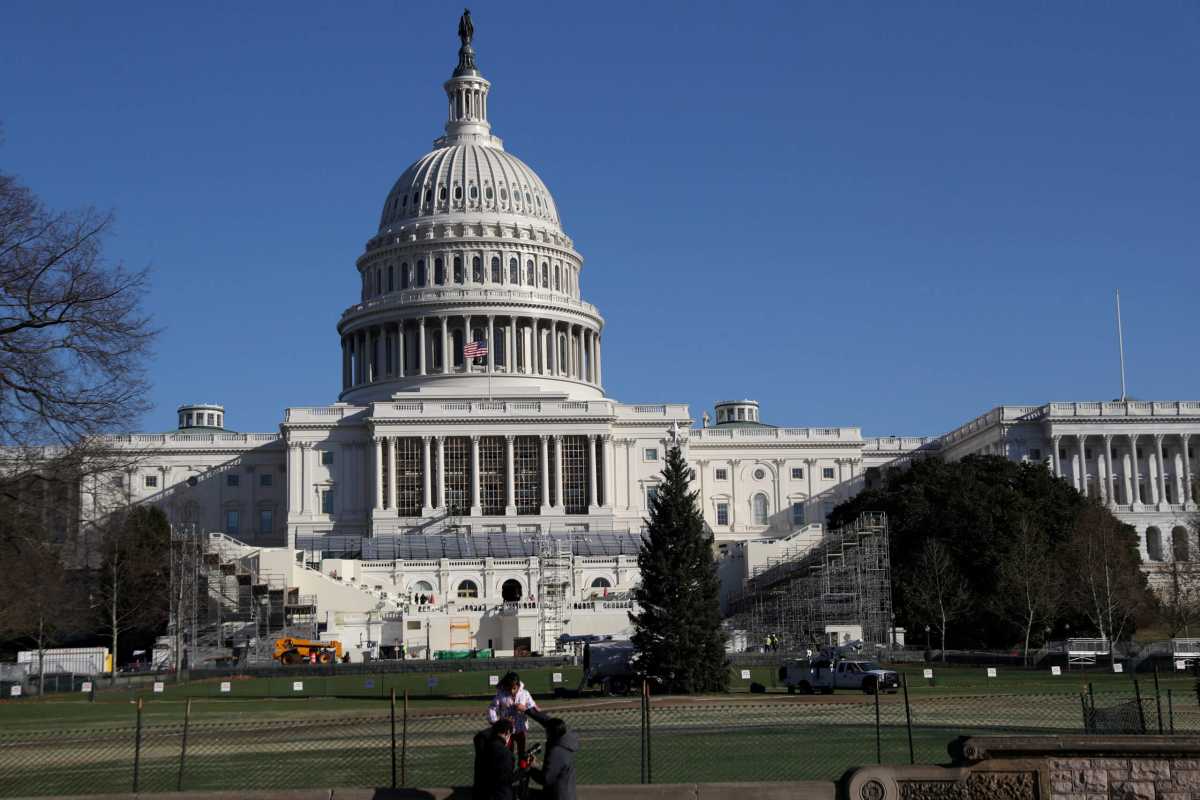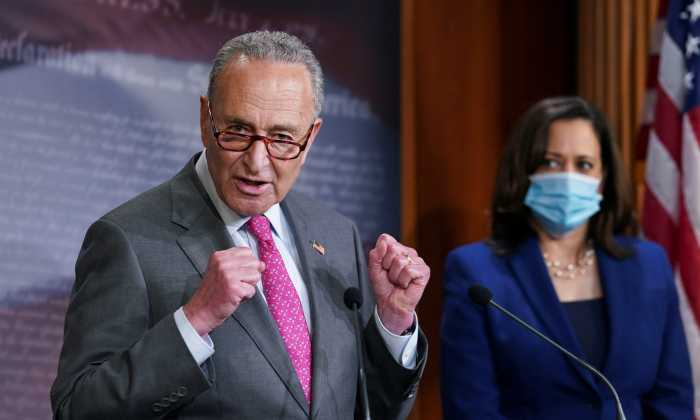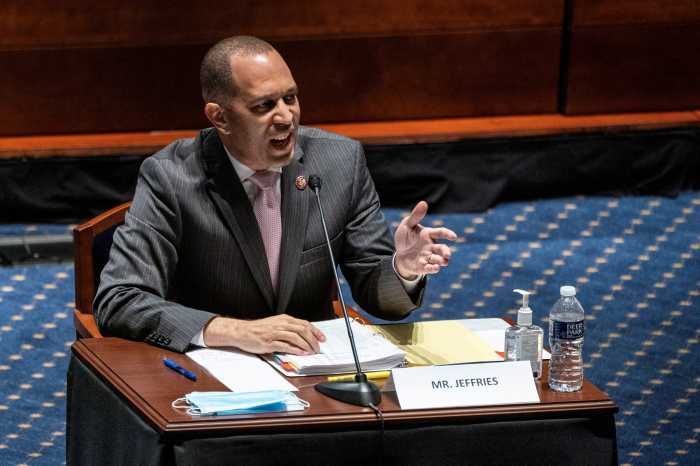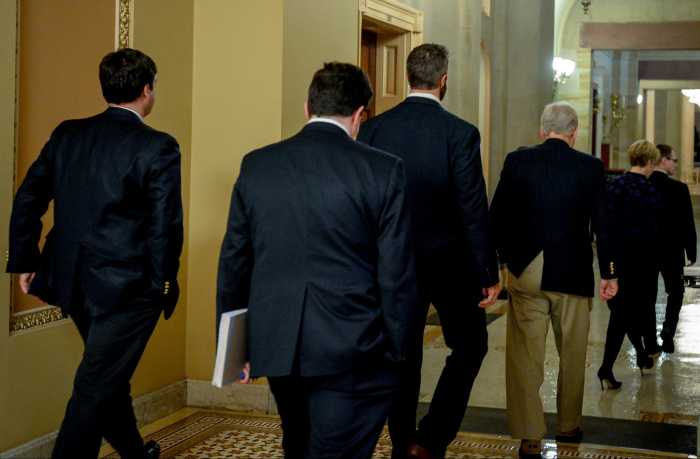By David Morgan, Reuters
An unusual battle in Congress over President Donald Trump’s demand for $2,000 coronavirus aid checks for Americans shifts on Tuesday to the Senate, where Republicans opposed to higher spending are under pressure to approve the additional relief.
The Democratic-led House of Representatives on Monday approved the direct payments in a 275-134 vote, and Senate Democrats plan to push Mitch McConnell, the Republican leader in the chamber, to allow a floor vote on the legislation. They have threatened to tie up Senate floor procedures until he does.
The Senate is already expected to take up a measure to override Trump’s veto of a $740 billion defense policy bill. The House voted to override the veto on Monday by 322-87 with most Republicans voting with a large majority of Democrats.
If the Senate seconds the House action, the bill becomes law. It would be the first veto override of Trump’s presidency, which ends on Jan. 20 when Democratic President-elect Joe Biden will take office.
Senate action on the veto had been expected on Wednesday but could now be delayed by wrangling over the coronavirus aid payments.
A combined $892 billion bipartisan coronavirus relief package and $1.4 trillion spending bill that Trump signed into law on Sunday contains $600 checks for individuals hit hard by a pandemic that has infected more than 19 million Americans and killed over 333,000.
Trump’s signing of the package staved off a U.S. government shutdown but he also pushed for the stimulus checks to be raised to $2,000, and he reasserted that demand on Tuesday, tweeting: “Give the people $2000, not $600. They have suffered enough!”
Democrats have been happy to take advantage. They pushed for a quick House vote on Monday and enough Republicans backed it for it to be passed.
SENATE RESISTANCE
But the proposal faces a much tougher path in the Republican-led Senate, where many conservatives oppose higher payments that they say could add hundreds of billions of dollars to the cost of COVID-19 relief.
“The House just took a strong, bipartisan vote to pass $2,000 checks,” Senate Democratic leader Chuck Schumer said on Twitter after the House vote on Monday evening.
“I’ll move to pass the bill in the Senate. Workers, families and people are crying out for help. Every Senate Democrat is for this relief. Senate Republicans should not stand in the way.”
McConnell could signal his own intentions on the COVID-19 relief checks on the Senate floor shortly after the chamber convenes at noon (1700 GMT).
Republican Senator Marco Rubio voiced early support for the checks. “I agree with the president that millions of working class families are in dire need of additional relief, which is why I support $2,000 in direct payments,” he said in a statement.
With the New Year’s Day holiday on Friday and a new Congress due to be sworn in on Sunday, lawmakers have only a short time to act if McConnell chooses to take up the measure.
Democratic Senator Bernie Sanders, who has championed higher direct payments to Americans, threatened late on Monday to block the Senate from moving quickly to override Trump’s veto of defense bill until McConnell agrees to allow a vote on the $2,000 checks.
“This week on the Senate floor Mitch McConnell wants to vote to override Trump’s veto of the $740 billion defense funding bill and then head home for the New Year,” Sanders said on Twitter.
“I’m going to object until we get a vote on legislation to provide a $2,000 direct payment to the working class.”





































